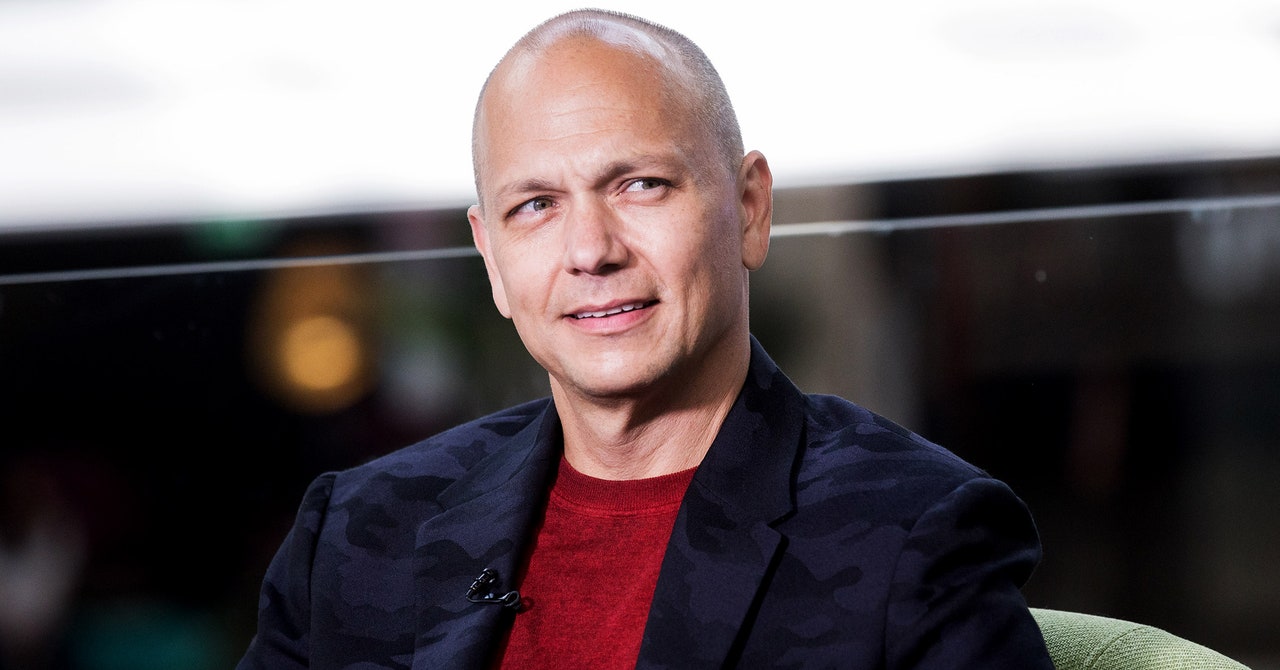That touches on another distinction you make, between what you call a “caring CEO” and a micromanager. Where do you draw the line?
You micromanage on important specific things. Being a great leader is choosing those battles, not fighting them all. Make sure it’s mission-driven.
In the chapter on quitting, you argue for leaving if things aren’t going well. You’ve left Apple three times.
The third time was the real one.
But before that, you resigned twice and withdrew your resignation when Jobs raised your concerns. Don’t you pitch some tactical drama in the workplace to get what you want?
If you’ve tried everything and really care about what you’re doing, all you need to do is quit. You have to go, “I’m not going to sit here and do what I think is wrong. Am I going to be mad about this every day? What’s bad for my health is bad for the team. I’m going to run.”
After you left Apple, you started Nest. You built a great company and sold it for $3 billion. Was that a “I’ll show you” you” Action?
I wanted to show myself† This was something I thought, “I like my story. I like my idea. Nobody is doing it. I think it should exist.” One thing I’ve learned is that I have a co-founder with me, and it was great doing that with Matt Rogers.
You write about the importance of storytelling. That was interesting for a management book.
Not many people understand the story well. An elevator pitch is not a story. It’s just the introduction. The story is about the customer journey.
Many companies and even VC firms hire journalists to tell their stories. Is what they produce believable?
No, because it’s just marketing to write a story afterwards. It’s like putting perfume on a pig. It doesn’t fundamentally change how the product is built and how decisions are made.
A few years ago, you were quoted about the negative effects of digital devices and get yourself involved in the question, “What have we done?” Are you still bothered by how much the devices you helped build dominate our attention?
Yes. It’s better than it was, with things like Screen Time. But we are only 50 percent of the way to solving the problem. And it’s a solid 50 percent.
What do you do in your own habits?
I turn off notifications for everything. In social situations, I make sure that my phone is not on the table or in my pocket.
When people build things, should they design to anticipate such problems? Or do you focus on finishing the product and deal with the consequences later?
You have to arrange it in advance. I avoid investing in socially mobile stuff. But, hypothetically, if I did, I’d say we’ll have screen time limits, we’ll have parental controls. Build it in from scratch. It’s actually a marketing feather in the cap to say you’ve catered to these needs from the start.

